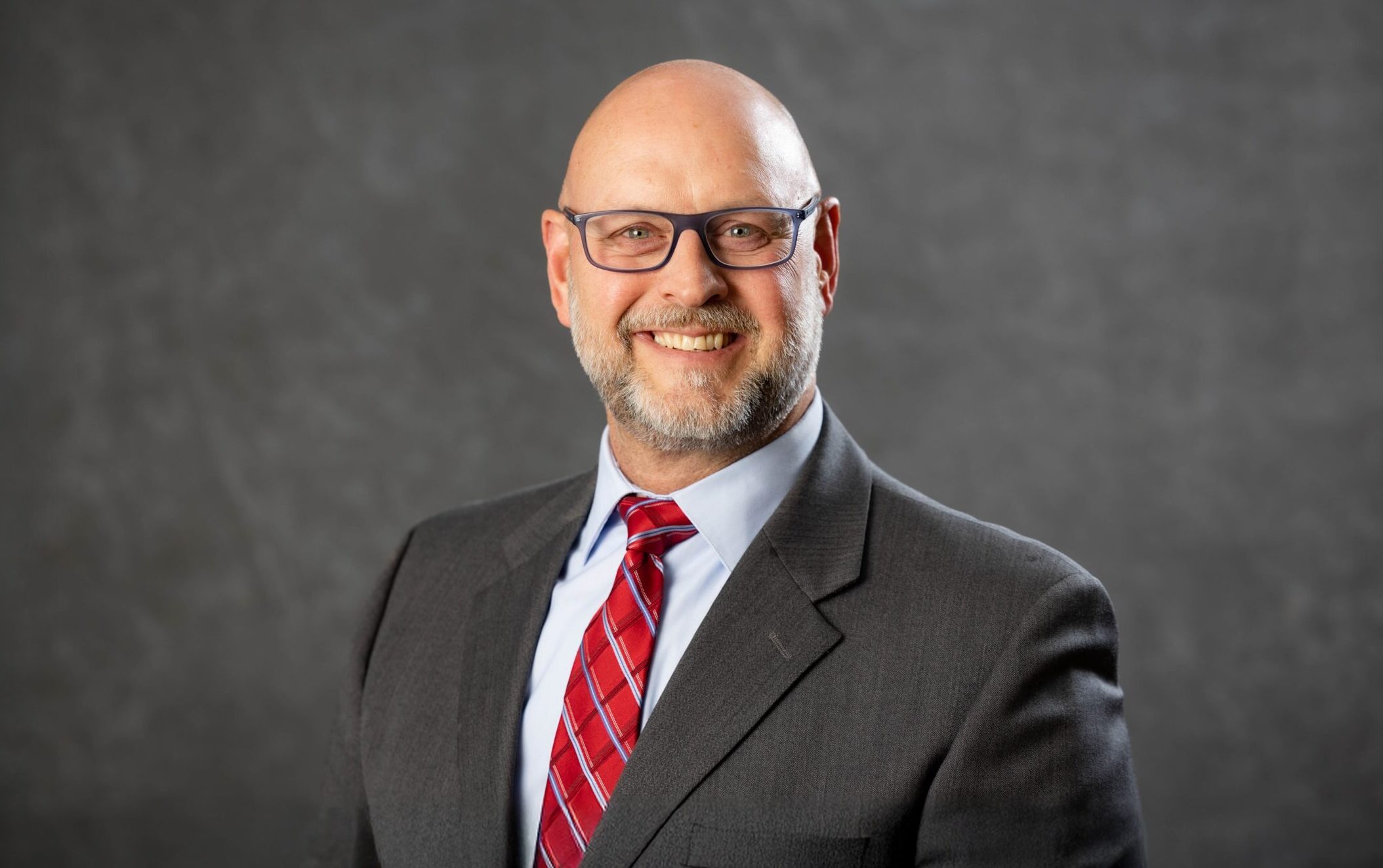By Mahalia Boyd,
UniteNews Staff Writer
Building a strong financial house involves understanding your financial status, creating an emergency fund, reducing debt, investing wisely, regular review and adjustments, legal considerations, retirement planning, and estate planning, which is a crucial and timely topic in today’s economic landscape.
We’ll explore strategies and considerations for any generation to bolster their financial standing and achieve a comfortable retirement.
Building a solid financial future is a multifaceted endeavor that requires careful planning, disciplined saving, and prudent decision-making. It involves responsibly managing your finances, safeguarding against unforeseen events, and preparing for future milestones. Here are a few key components of building a solid financial foundation.
Firstly, the most pressing task is the foundation, or creating a will to designate beneficiaries for your assets, appoint guardians for small children, and provide instructions to settle your estate. Regularly examining and modifying your will is vital, especially following life events like marriage, divorce, or childbirth.
Secondly, the ground floor or having the proper type of life insurance or income protection is important. Of course, that is subject to much debate. At Primerica Financial Services, we recommend “term” with the cost difference of other products (whole or universal life), saved through investment products. Insurance acts as a safety net, providing financial and income replacement protection against an assortment of risks. Income replacement is one of the most significant needs after the loss of a breadwinner. Other essential insurance needs include health and homeowner’s insurance and auto insurance to mitigate healthcare expenses, and vehicle and property damage risks.
Thirdly, the third floor or having an emergency fund offers a financial buffer to handle unforeseen expenses or income disruptions without jeopardizing your long-term financial goals. Aim to save three to six months’ worth of living costs in a convenient account, such as a high-yield savings account or a money market fund. This fund might assist you in weather emergencies such as medical bills, car repairs, or job losses without resorting to high-interest debt or depleting your retirement savings.
Fourth, saving for your children’s college education is an important part of securing their future and easing their financial burden. We suggest saving for college early by contributing to tax-advantaged accounts, i.e., 529 plans or Coverdell Education Savings Accounts (ESAs). They offer potential tax benefits and can be used to pay for qualified education expenses like tuition, fees, books, room, and board. By regularly contributing to college savings accounts, you can help alleviate the burden of student loan debt and provide your children with greater opportunities for academic and career success.
To summarize, building a solid financial house for your family entails estate planning through a will, risk management through term life insurance, establishing an emergency fund with 3 to 6 months set aside, and investing for higher education expenses. Taking these early steps will address important needs in protecting your loved ones from the devastation of the loss of a family member and assist you in carrying out your wishes to reach your long-term goals.
It may seem daunting, but with patience and discipline, you can achieve financial stability and peace of mind. We help families save for emergencies, retirement, education, and other important goals through straightforward financial products from industry-leading companies. We are a distributor of products and services for your needs and goals to help make seemingly daunting tasks easier. Call today!
Mahalia Boyd
Primerica Representative
Cell: 417.459.1453
Email: mahalia.boyd@primerica.com
Instagram: @mahaliaboyd





